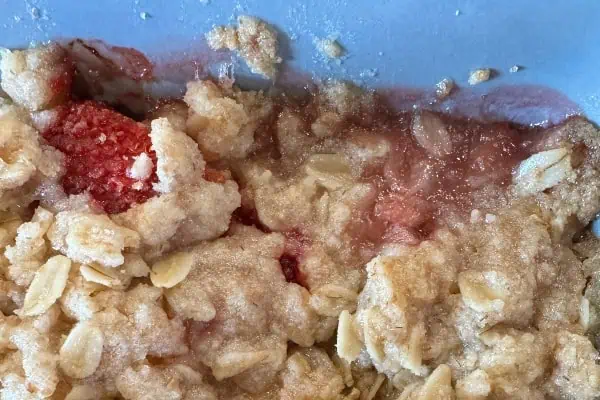If you are indulging regularly in the good old Yukon Happy Hour, you may have met last night’s mean morning friend: The Hangover. He may be dependable, but he sure is a jerk.
While the obvious advice may be that prevention is more effective than a cure, we all know that best intentions don’t always play out as planned.
There are a number of studies out there suggesting that the occasional glass could be beneficial to your health, but let’s be real and suggest that if you are experiencing discomfort the next day, you are probably being a bit generous in your definition of “a glass.”
One of the key, often-blamed culprits of the hangover is dehydration. Alcohol suppresses the anti-diuretic hormone aldosterone, which prevents excessive urination. In non-scientific speak, this is known as “breaking the seal.” When your hydration levels plummet, your body compensates by increasing blood pressure, which narrows blood vessels and restricts the flow of oxygen to your brain. Meet the hangover headache.
Alcohol also depletes your body of a number of essential minerals and vitamins and is a source of free radicals that damage cells. It also interferes with your blood sugar levels and, unsurprisingly, affects your liver, which can interfere with the numerous functions of the liver include its regular detoxification tasks.
Your hangover is your body’s message to you that you’re doing it harm. In addition to the day-after discomfort, hangovers are also a sign that you may be doing longer term damage to your health.
Here are some things you can do to help protect your body against your good old buddy the hangover and the more serious longer-term effects of alcohol.
1. Drink plenty of water before, during, and after consuming alcohol. This is the advice we most often hear, and it still stands true. Filling up on water can help keep your body hydrated despite the suppression of aldosterone.
2. Fill up on antioxidants. Alcohol is a source of free radicals, which damage cells contributing to disease and even premature aging. To fight free radical damage, load up on fruits and vegetables – an excellent source of antioxidants A and C – and vitamin E-rich almonds and sunflower seeds.
3. Boost your B’s. The B vitamins are essential to many brain functions and are depleted by alcohol. While serious depletion is a factor in delirium tremens (DTs), any level of deficiency can impact memory, learning, and other cognitive abilities. Many B vitamins also play a vital role in mood balance.
4. Be an egghead. Wondering why you crave a greasy breakfast after a night out? It may not be the grease or bacon at all. Eggs are high in choline, which works closely with B vitamins for certain brain functions and support the liver.
5. Milk thistle isn’t just for the birds. Silymarin, an active compound in milk thistle, has a protective and restorative effect on the liver. Take it as a strongly infused tea prior to drinking.
It may go without saying, but let’s say it anyway: alcoholism and alcohol dependency are serious conditions that can affect men and women of any age. If you feel that you are experiencing an alcohol dependency, please do more than follow these tips on feeling better the next day. There are many specialists in Whitehorse that would be happy to talk with you and provide support and assistance.




